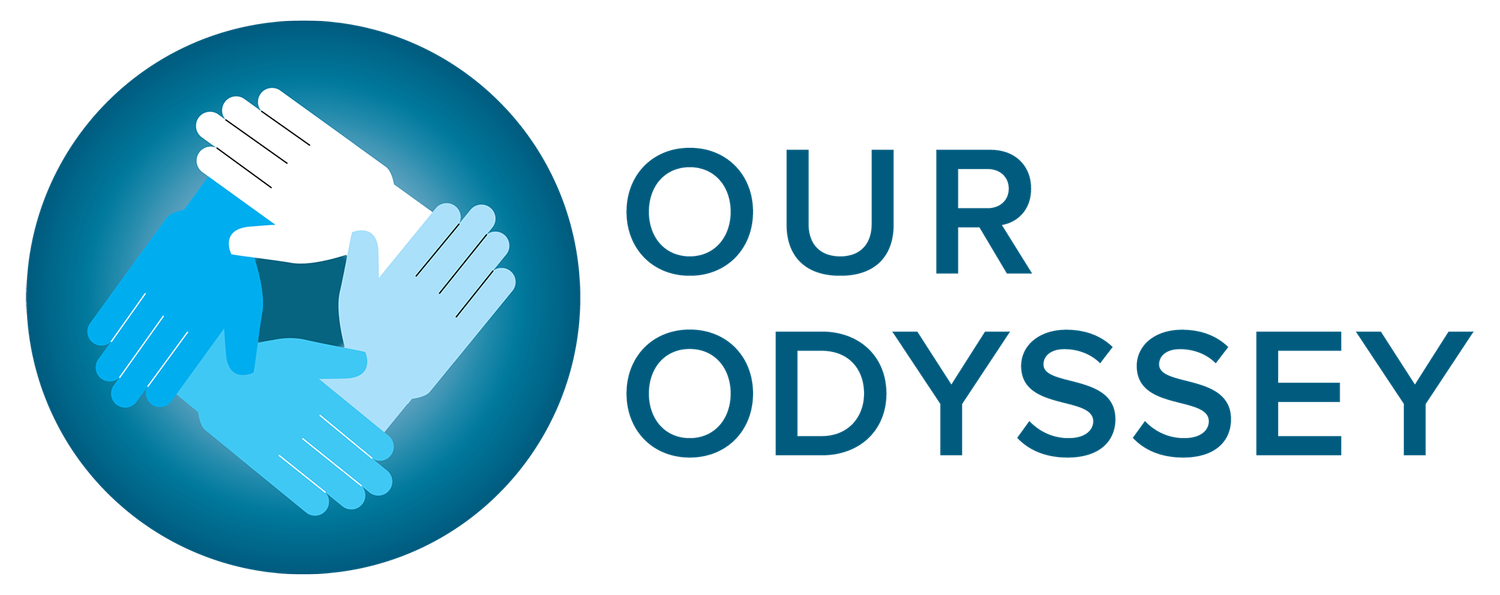You are Always Worthy
CW/TW: Talk of Death, Mental Health
A selfie of Joey, a white young man with short dark hair and a goatee, smiling at the camera. He is standing in front of a rose gold background, wearing a light blue hoodie and backward light pink hat.
If you were to ask a lot of people what their greatest fear is, many of them would say that they fear dying alone. It makes sense! Most people, whether disabled or not, have trouble making friends or at least making true friends or dating. A relationship takes a lot of work to maintain, but many disabled people do not get that far.
A picture Joey, a white young man with short dark hair and a goatee, is looking beyond the camera towards the horizon. He is standing on a sidewalk, with a blurred streetscape in the background. He is wearing a black t-shirt and a black watch.
A disability is seen as an automatic red flag. Some can hide them while others are clearly visible, like mine. In every failed relationship you have, you blame yourself. First, you blame your disability or aren’t attractive enough or skinny enough, or funny enough. Then, in the next potential relationship, you try harder to be better and more attractive. The more relationships that fail, the more you blame yourself. It runs your self-esteem into the ground. It starts a vicious cycle that is hard to get out of.
What I learned is that if you are trying your best, then that is usually good enough. The problem isn’t you per se, but the other people. I was trying so hard that I realized I was trying way harder than others and not getting good results. I always supported people, so I would go to volleyball games to cheer them on or stay after school to help. I was always available if somebody needed help with their homework, someone to talk to, or any help they needed. When I needed their help, I experienced a lot of ghosting, and not being invited was difficult. I saw everybody having fun on Facebook. It always came down to me thinking I wasn’t good enough or wasn’t willing to be seen by others, and sometimes I was just straight-up disliked.
Now I try “normal” amounts of effort and have the person reciprocate. I have grown to accept they may not like me because of x, y, or z, and that is it. That is just something I have to accept and move on with my life. I have more respect for myself and my time and who I choose to spend my time with. I learned to continue doing my thing, and people will eventually follow.
Joey Sooch here! I have a rare disability called Fibrodysplasia Ossificans Progressiva (FOP) where my muscles, tendons, and ligaments turn into bones. It basically creates a second skeleton and so far I have lost 95% of my movement. I combined my love for editing and storytelling by having my own Youtube channel called Joey Sooch where I post vlogs and video podcasts. I have a new guest every Monday! I interview people with a unique story or diagnosis and talk for an hour just letting the conversation flow. Follow me on Instagram @joeySooch if you want to be a guest! Click here to find more ways of connecting with me.



